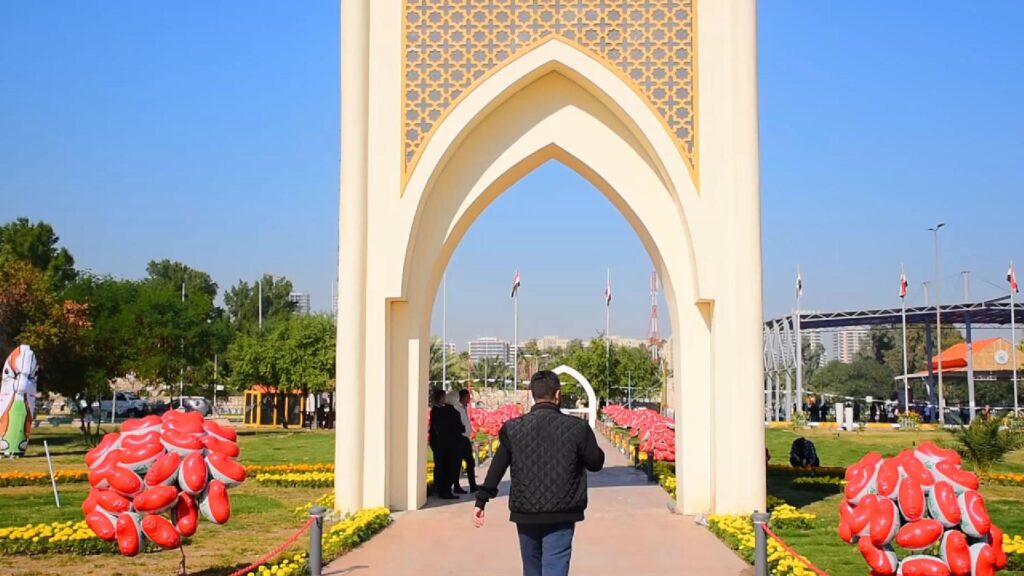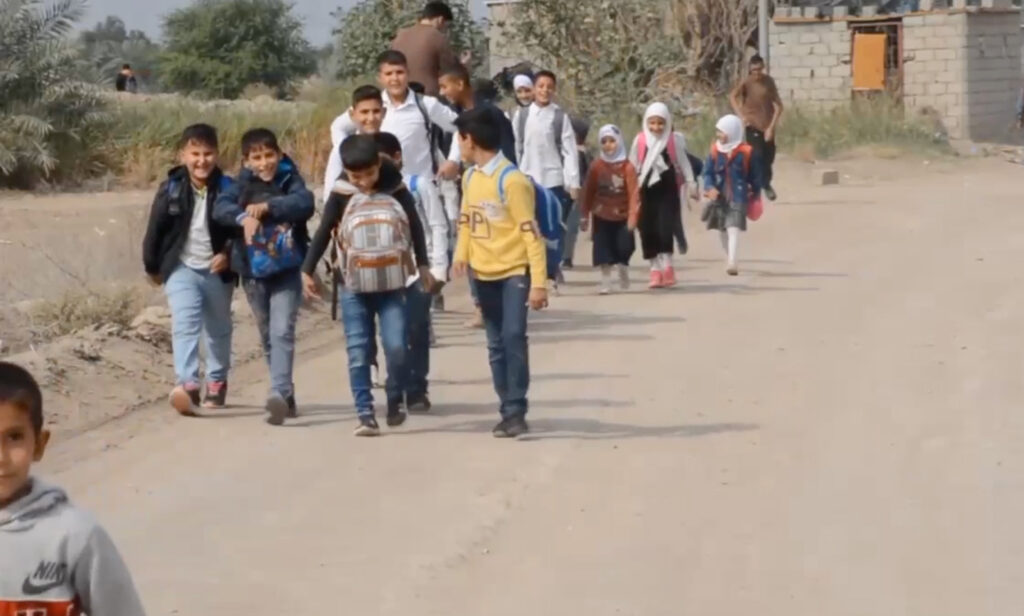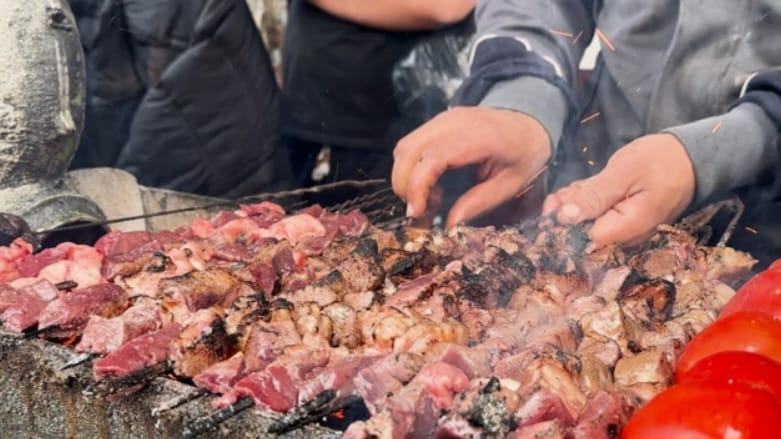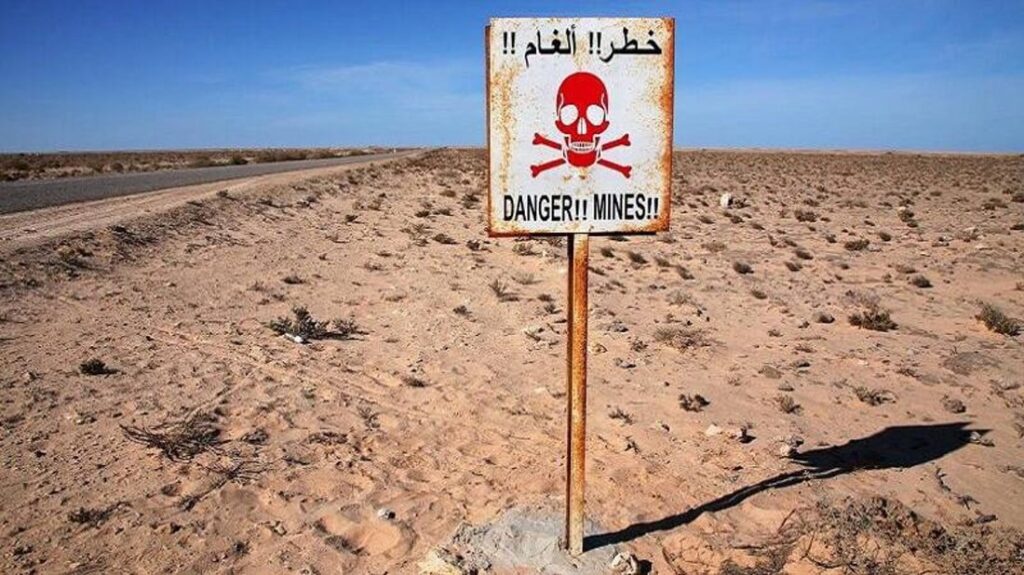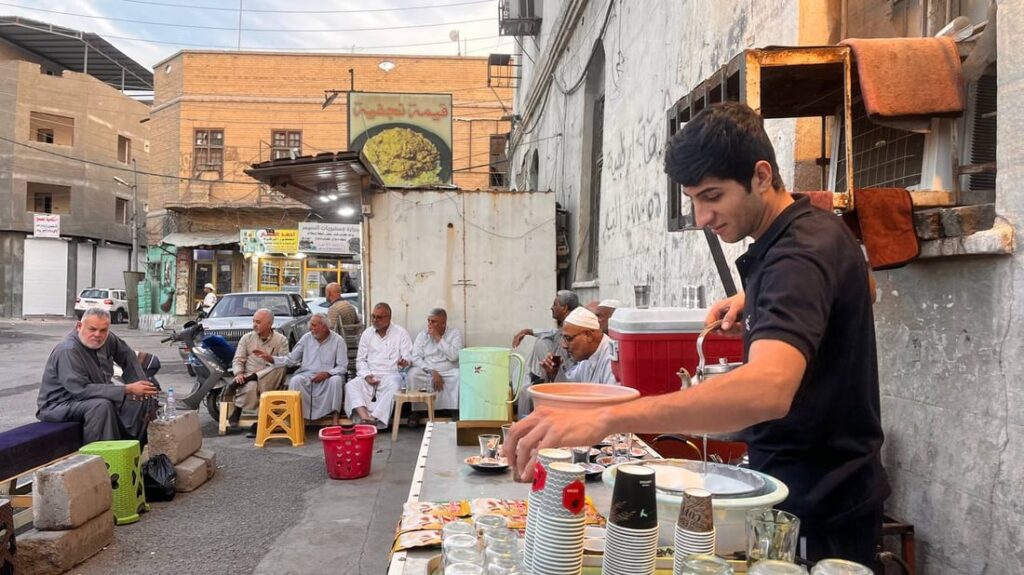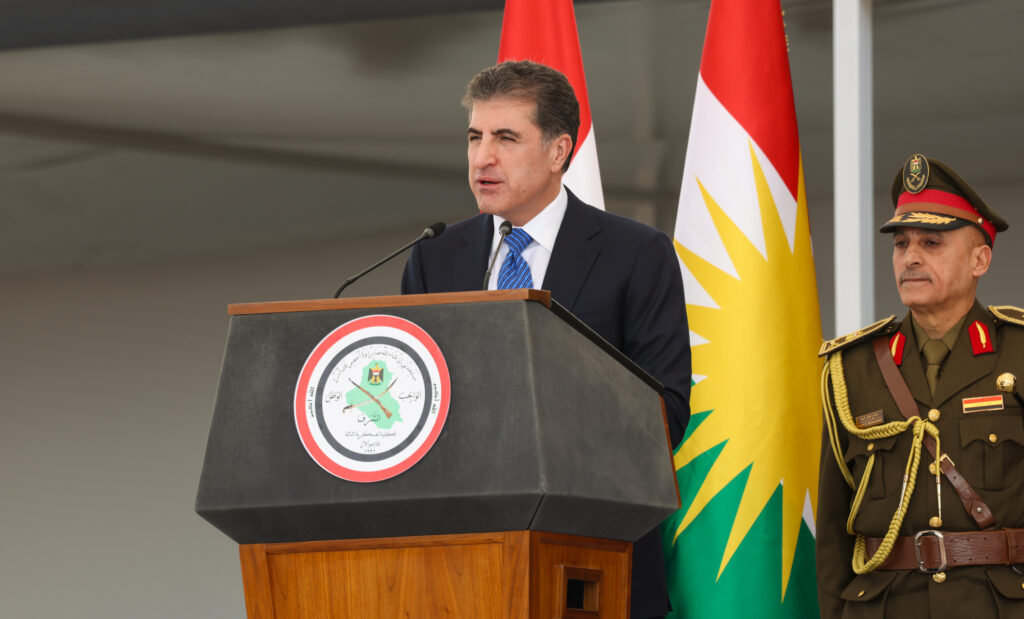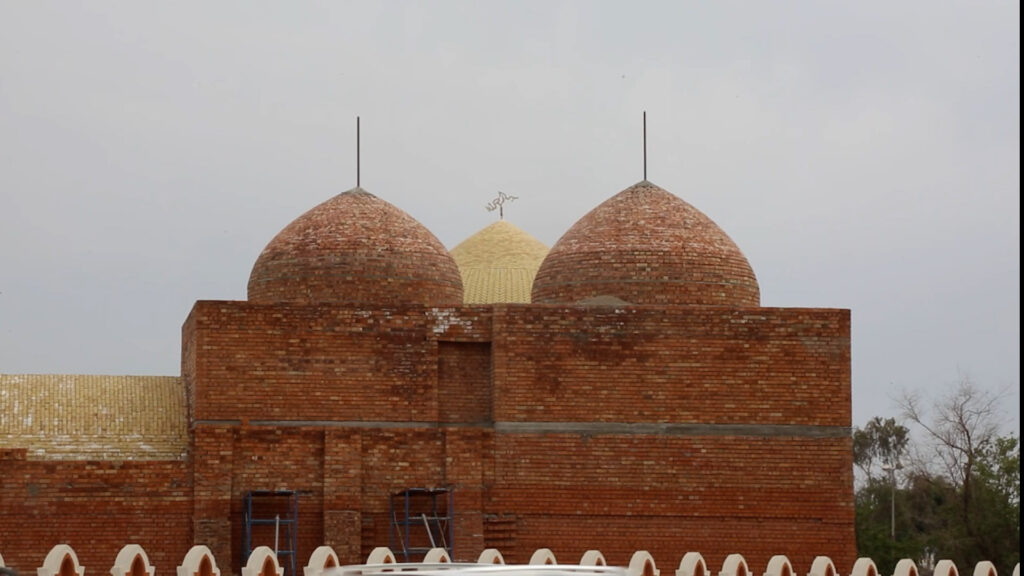Displacement camp in Kirkuk filled with ISIS-affiliated families who want to return home

ERBIL (Kurdistan 24) – Hundreds of families and relatives of so-called Islamic State militants are gathered at the Laylan camp in Kirkuk governorate, unable to return to their homes.
Following Iraq’s decision to close displacement camps and move Internally Displaced Persons (IDPs) to their home provinces, hundreds of families affiliated with the Islamic State or who lived under the terrorist group’s rule from the town of Hawija have been brought to Laylan.
Hawija was one of the Islamic State’s former strongholds. Even after the city’s liberation, it continues to witness insurgency attacks, ambushes, and kidnappings.
Many Iraqi IDPs refuse to return to their areas due to security concerns and lack of essential services. Those who do return end up back at camps because of revenge attacks for being family members of Islamic State fighters.
Samiha Omer, the wife of an Islamic State militant, said residents in Hawija prevent them from returning to their hometowns.
“The people and tribal leaders do not allow us back to our homes in Hawija,” Omer told Kurdistan 24. “We don’t know what to do. My father, brother, and husband were ISIS members, but they are gone now. Despite this, they refuse to let us return, and they demolished our house.”
Iman Osman, the widow of an Islamic State fighter, was brought to the Laylan camp by the Kirkuk administration. She told Kurdistan 24 that security forces at a camp in Hawija raided their unit during a night raid where they “abused us and kicked us out for being affiliated with ISIS.”
“I have 12 children and ended up walking from Hawija to the Laylan camp.”
Kirkuk administration officials are concerned that the camp will become a base where the second generation of Islamic State sympathizers are raised. The displaced at the camp, however, say they want to return home.
Many of the displaced families at the camp do not have official documents, identification cards, or food forms. However, the Kirkuk province administration has said it would work to address that issue.
In September, Iraq’s council of ministers and the Nineveh administration started to forcibly expel Internally Displaced Persons (IDPs) from camps in Nineveh in a move to close the camps permanently.
With the camp closures, displaced residents are forced to return to their liberated areas where they then face acts of revenge by security forces or others who accuse the families of having ties to the Islamic State.
Editing by Karzan Sulaivany
(Additional reporting by Soran Kamaran)

